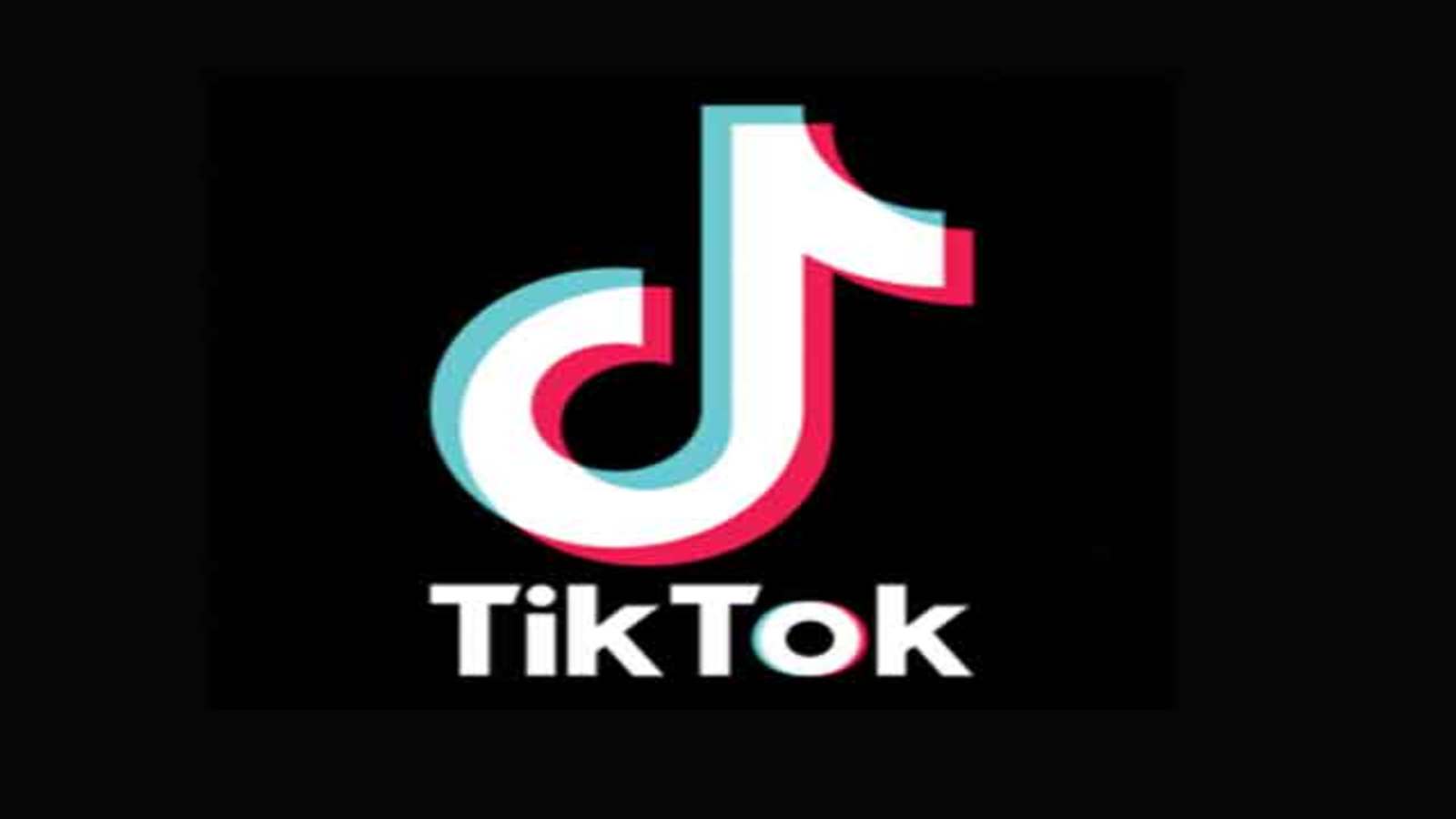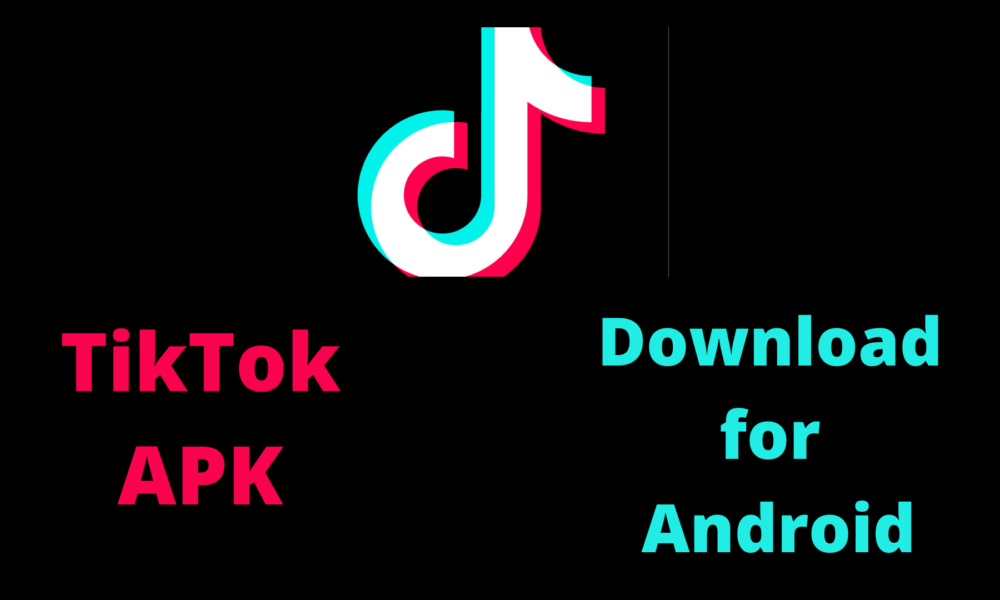

If you want to be cynical, you might ask if there’s a difference between “user data,” as ByteDance puts it, and the broad anonymized datasets produced from its user base. and elsewhere clearly take a sceptical view on this, and the question is whether China could strong-arm ByteDance-TikTok’s Chinese owner-into tailoring or restricting content or could gather those amortized data findings to better shape their attempts to influence all of those populations.

We have never provided user data to the Chinese government, nor would we do so if asked.” “We have no higher priority than promoting a safe and secure app experience for our users.

“TikTok is led by an American CEO, with hundreds of employees and key leaders across safety, security, product, and public policy here in the U.S.,” the company told me in response to talk of that U.S. TikTok is at pains to stress that it has not provided user data to Beijing, that it would not do so if asked. The danger may be minimal to the individual but serious for society and democracy.” “The more insidious view,” Thornton-Trump says, “is that TikTok and other apps present a danger of mass manipulation and social control and disinformation. When TikTok is described as a national security risk, that is essentially what those governments mean. That dataset, in the hands of an adversarial foreign government, is a risk-a very serious risk, in a world where social media is used to push propaganda out to users who tap those platforms as a primary source of news. Look at what Cambridge Analytica managed with Facebook data or the power of location pings to track users en masse. While the data being captured on those hundreds of millions of devices is not much use to compromise an individual-it would be a horribly complex way to spy on select targets, it does provide an amortized dataset, country by country, city by city, demographic by demographic. The fact that TikTok is Chinese gives rise to the most serious issue with the platform. It became the star of lockdown, as millions of bored kids and thousands of bored influencers flocked to the platform. It is now more viral than Instagram and YouTube, its bitesize recipe-where users are essentially given a scripted 15-seconds to become stars, all set to music, has proven hard to beat. It is the first and only Chinese social media app that has managed to compete head to head with the U.S.
#Tiktok download data free
“Any free service is going to want to monetize the data it’s accumulating.”īut let’s not be naive-there is a difference here. “It’s not any worse or any better than what Facebook, Google and thousands of apps are doing already,” Cyjax CISO Ian Thornton-Trump tells me.

Does that mean you are being spied upon, that your data is being compromised, putting you at risk-no, at least not any more onerously than with U.S. And while the data might seem intrusive, it’s the same with Facebook and Google and countless other apps that you give permission to tap the data on your device.ĭoes that mean TikTok is sending your data back to China-no. TikTok captures data as you use the app, it is brilliantly positioned to infer your likes and dislikes, friends, pastimes, consumer behavior, locations, even patterns of life. Second, TikTok is a social media platform-you don’t need me to tell you that social media and data privacy are somewhat contradictory. In this case, blame the players, rather than the game.” Yes, it comes with risk, but it's no worse than any of the myriad other social networking communities. “It’s no more than the usual bluster over a new app designed to help people connect. “I'm yet to see a documented, material threat,” security expert Mike Thompson tells.


 0 kommentar(er)
0 kommentar(er)
